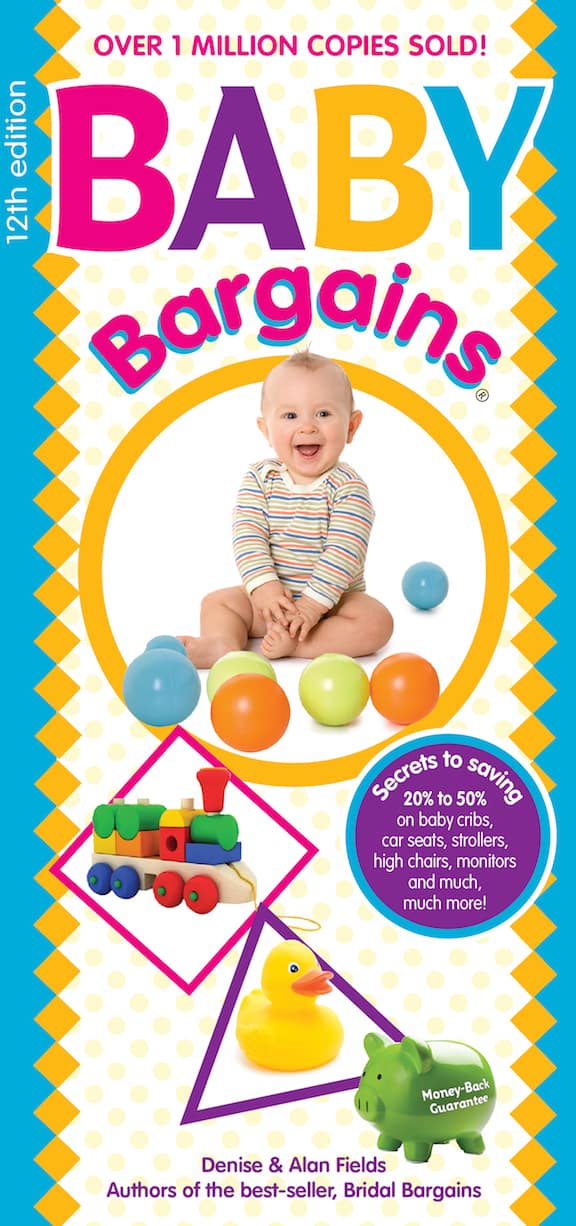Best Tried & True Brand: Texas Instruments TI-30XIIS Scientific Calculator
When it comes to scientific calculators, one brand came up time and time again in our research: TI. This model is recommended by the math and science teachers we interviewed for this article—and it is allowed by the ACT and SAT tests.
Of course, when you hear “Texas Instruments” you might think this is going to be a pricey purchase . . . but there is good news. This calculator is actually among the more affordable options out there.
What We Liked
• Lots of short cuts. But you have to make the effort to learn them.
• Easy to switch from degree to radian mode.
• Great for middle schoolers.
• Words and symbol keys are good size.
• Affordable.
What Needs Work
• Button lag. Sometimes when you push a function button, there is a lag before the next screen pops up.
• Instructions could be more detailed.
• Could be easier to read, especially when lying flat.
Best For High School: Texas Instruments TI-30XS MultiView Scientific Calculator
Even though it is bit more expensive, we would recommend this calculator—especially for high schoolers. The 2-line display and ability to enter more than one calculation make this a good bet, especially for classes like statistics.
What We Liked
• Easy to use.
• Great for tests.
• Excellent for statistics, but also algebra, biology and chemistry.
• Affordable.
What Needs Work
• Smaller buttons.
• Can eat through batteries quickly, even though it also works on solar.
Best for Engineers: Casio fx-115ESPLUS2 2nd Edition, Advanced Scientific Calculator
When researching scientific calculators, we realize one size rarely fits all. If you are an engineering student starting college, you may want something designed for these classes. In that case, we like the Casio fx-115ESPLUS2. Yes, that is a mouthful, but this is an excellent calculator, with vector operations, complex numbers and more.
What We Liked
• Great for programming.
• Easy to use . . . if you are an engineering student!
• Great for trigonometry, chemistry and other basic science classes.
What Needs Work
• Instructions could be better, even though there is a cheat sheet for different functions on the inside cover.
Best For Test Taking: Casio fx-300ESPLUS2 snd Edition, Standard Scientific Calculator
This calculator is similar to the model we discussed above, but has less functionality (the 115 model has matrix operations, stored constants and number conversion—the 300 model here lacks those features). That said, this is still a good bet, especially for high schoolers taking basic chemistry or algebra classes. And since this model is less money, that might be a good option.
What We Liked
• Affordable.
• Good for exams.
• Versatile with linear regression.
• Good for general math like pre-algebra, algebra 1 and 2, geometry and more.
What Needs Work
• Lacks vector operations, which are more common in college-level courses.
About the Authors
Denise & Alan Fields are consumer advocates and best-selling authors. The Fields have authored 12 books with three million copies in print, including the best-selling guide to baby gear, Baby Bargains.
The Fields have been featured and quoted in the New York Times, Wall Street Journal and Los Angeles Times.
As consumer products experts, the Fields have been guests on the NBC Today Show, Good Morning America and ABC’s 20/20.
How We Pick Products To Recommend
We often turn to our readers (3 million strong!) to find products to recommend. We ask our parent readers for their favorites and consider their real-world experiences in our recommendations.
When we test a product, we always purchase it with our own monies. We do not take free samples, as we believe that compromises our independence.
We also fact check manufacturer information with our own measurements. If a maker claims a product weighs X pounds, we will weigh it to make sure. If the battery life is supposed to be six hours, we will see how it stands up in the real world.
In some cases, we will do interviews with experts in the field to get additional feedback on products.
To get hands-on time with products, we regularly meet one-on-one with gear companies and even tour manufacturing facilities. (When we do this, we pay our own travel expenses).
Why Trust Us
We’ve been rating and reviewing products for the home and families since 1994. We do extensive research, evaluating products with an eye toward quality, ease of use and affordability.
We make our living from affiliate commissions, but we always recommend what we think are the best bets for our readers (not the ones that are the most expensive). We are always looking for products that offer the best bang for the buck.
Our independence is a key reason why we have been doing this so long. As we mentioned above, when we purchase a product for hands-on testing, we do so with our own money.
Here’s another key point: we don’t take money from the brands we review. No free samples, no sponsors, no “partnerships.” Our work is 100% reader-supported!

 We obsess over baby gear . . . so you don't have to. Baby Bargains has one mission: help you find the best gear for your baby with unbiased reviews by experts with 20 years of experience. At prices that don't break the bank. When you purchase a product from links on this site, we make a small affiliate commission. Learn more
We obsess over baby gear . . . so you don't have to. Baby Bargains has one mission: help you find the best gear for your baby with unbiased reviews by experts with 20 years of experience. At prices that don't break the bank. When you purchase a product from links on this site, we make a small affiliate commission. Learn more 
